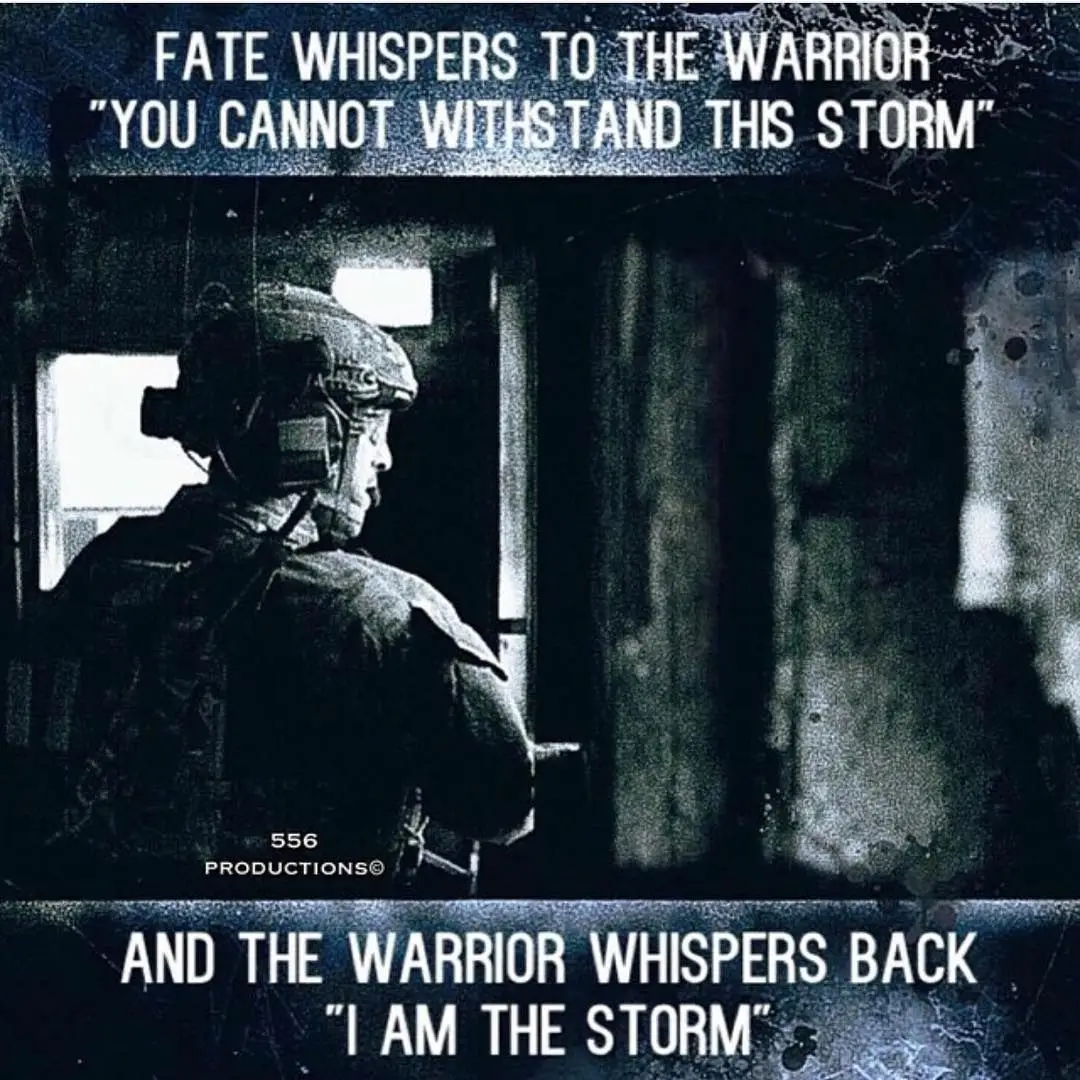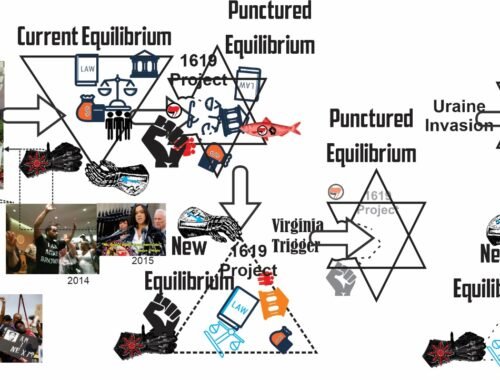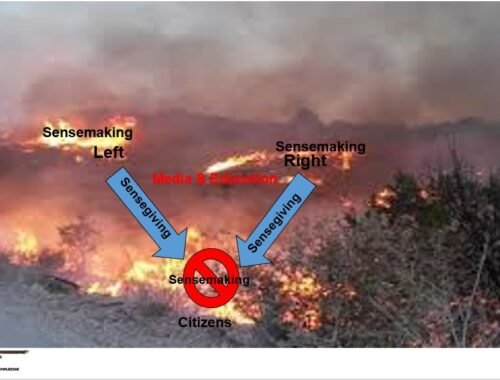
The Warrior Ethos: Part 1 Introduction
When a friend asked me to write a series on restoring the Warrior Ethos to the military, I started pondering a series of questions:
- What is a “warrior ethos”?
- How do we know it is missing and needs to be restored?
- How do we assess a warrior ethos to determine it is missing or impaired and why?
- Why warrior and not soldier? Is the term warrior more evocative? Would Minute Man or the Spirit of Yorktown or Valley Forge work better?
- Is the concept of a warrior culturally dependent?
The Army has an answer to the first question. The Army has a written warrior ethos:
- I will always place the mission first.
- I will never accept defeat.
- I will never quit.
- I will never leave a fallen comrade.
Now, the first thing that troubles me about this “ethos” is that it is all “I”. There is no real “team” in the “ethos”. I suppose it is there indirectly with the bullets, but for an organization that prides itself on teamwork, I find this “ethos” a bit troubling. I suspect that may stem from the word “warrior”. For me, at least, a warrior implies an individual fighter as opposed to a unit. This warrior concept did not hold up too well when the Germans and Celts fought the superbly trained and disciplined Roman legions. So let us break down “warrior ethos”.
Mirriam-Webster defines a warrior as “a person engaged or experienced in warfare; broadly : a person engaged in some struggle or conflict”. To be engaged does not imply any specific skills or motivation. This is the connotative meaning and, as noted, is individually focused. The denotative mean brings Conan the Barbarian to mind, at least for me.
Mirriam-Webster defines ethos as “the distinguishing character, sentiment, moral nature, or guiding beliefs of a person, group, or institution”. A nice, clean and workable definition.
So, if we look at “warrior ethos” through the connotative lens, we essentially get the guiding purpose/beliefs of a person engaged in battle. Not very helpful. The closest I get on the connotative level is “professionalism” and the concept of Samuel Huntington’s The Soldier and the State. This brings up the concept of managers of violence, which is not at what I think we are trying to evoke with an ethos.
So that leaves the denotative meaning of “warrior”, which, I think, is meant to evoke a feeling that transcends a “manager of violence” or just someone in the ranks. What do we really want to evoke?
For me, the old Army commercial “When we were needed, we were there” evokes the spirit of a Republic. Washington and his officers tried to evoke this feeling with The Society of the Cincinnati . Thomas Paine, in The Crisis, tried to capture it with “THESE are the times that try men’s souls. The summer soldier and the sunshine patriot will, in this crisis, shrink from the service of their country; but he that stands by it now, deserves the love and thanks of man and woman.” Paine is talking about the need to transcend the individual and the individual rewards and troubles to something more transcendent. Douglas MacArthur, in his Farewell Address to the Corps of Cadets, captured it with “Duty, Honor, Country: Those three hallowed words reverently dictate what you ought to be, what you can be, what you will be. They are your rallying points: to build courage when courage seems to fail; to regain faith when there seems to be little cause for faith; to create hope when hope becomes forlorn.”
But in the same speech, he said, “There is no substitute for victory.” Now I understand what he meant and the environment in which he said it. But think for a moment. Would a Nazi feel comfortable saying that? I think. Victory needs to be within the ethical and moral matrix of a country’s values. To suggest otherwise implies the end justifies the means. This is true from a squad mission to theater strategy.
And that is another part of the problem with the stated warrior ethos. There is no mention of honor and values. Again, a Nazi from the worst SS unit in WWII could accept the warrior ethos as written. There is, or at least it was, something special about the American soldier. It was taken for granted when MacArthur said, “There is no substitute for victory.” I’m not sure that is nearly as much a given today as it was in 1962.
We need an ethos, but it needs to be team focused and value and honor based for as MG Schofield said, “the citizens of a free country”. The current ethos is more of a code of conduct statement than an ethos, which is no surprise, since it is part of The Code of Conduct.





